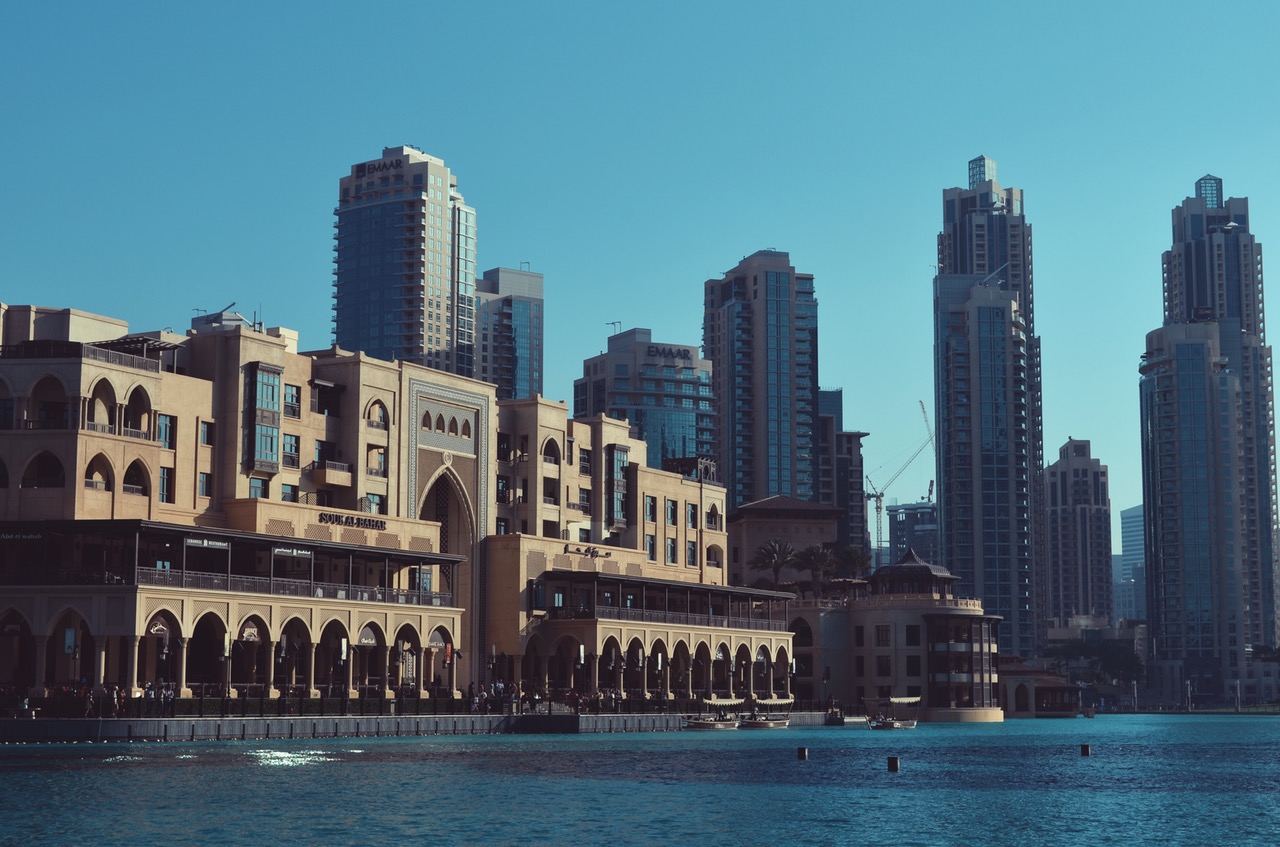
With recent falls in the Dubai property market, the sector is seeing lower prices across the board. In particular, Dubai’s prime residential property prices are softening due to high supply and relatively low demand in recent years. This is making the emirate more economical than most of its global peers, becoming one of the most affordable places to buy prime property. With lower buying costs bringing an influx of high-net-worth individuals, Dubai’s property sector is on track for a recovery.
Low prices bringing in high demand
According to a study by real estate agency, Knight Frank, prime residential properties in Dubai are more economical than New York, London, Hong Kong, Paris, Geneva, Tokyo and Mumbai, among others. The study shows that $1 million can buy 138 square metres of prime residential property in Dubai, compared with 25sqm in New York, 28sqm in London, 39sqm in Singapore, 41sqm in Geneva, 46sqm in Paris, 58sqm in Los Angeles, 76sqm in Tokyo and 92sqm in Mumbai. Due to this value for money, Dubai is becoming an attractive location for high-worth investors looking to get more for their money.
Speaking to the Khaleej Times, the Founder and CEO of Luxuryproperty.com, Jason Hayes, argues that Dubai is more affordable in terms of per square metre when compared to other cosmopolitan cities for a number of reasons.
Hayes says: “Dubai, whilst now very much a mature market, is still a newcomer in terms of global cosmopolitan cities. Thus, the sheer volume of demand for prime residential property is significantly greater in the cities that have more established markets. The volume of demand has a significant impact on prime property values and in most cases, the supply/demand matrix is such that demand for prime residential property outstrips supply.”
Problems for the future
In recent years, Dubai has been struggling to balance supply and demand. As it stands, there are plenty of projects planned. With the future of Dubai’s property market still uncertain, this could be either work in their favour or derail their recovery.
One worry is the market’s inability to keep hold of this current demand. With demand high right now, there is concern that this could push developers to increase supply over the level of demand again.
Hayes continues: “Dubai is now, without doubt, a significant player in the global real estate market and by way of empirical evidence, we see a healthy demand for prime stock. But it must be said that the demand/supply matrix is currently slightly skewered towards an abundant supply of prime residential units that are available or will soon be available through the completion of several off-plan projects in the coming months, with demand not quite rising up that level.”
Alternatively, if Dubai chooses to stop developing, they could see their prices increase due to this smaller supply. This could act as a deterrent for these high-wealth investors looking for good value.
The future of Dubai’s prime property sector – and their property market as a whole – rests upon a careful balance between supply and demand.
About Samir Salya
Samir Salya is the Chairman of Reign Holdings and is involved in UK and UAE real estate and construction. Samir holds over 20 years’ experience in executive management, business expansion, performance improvement, sales and marketing.

